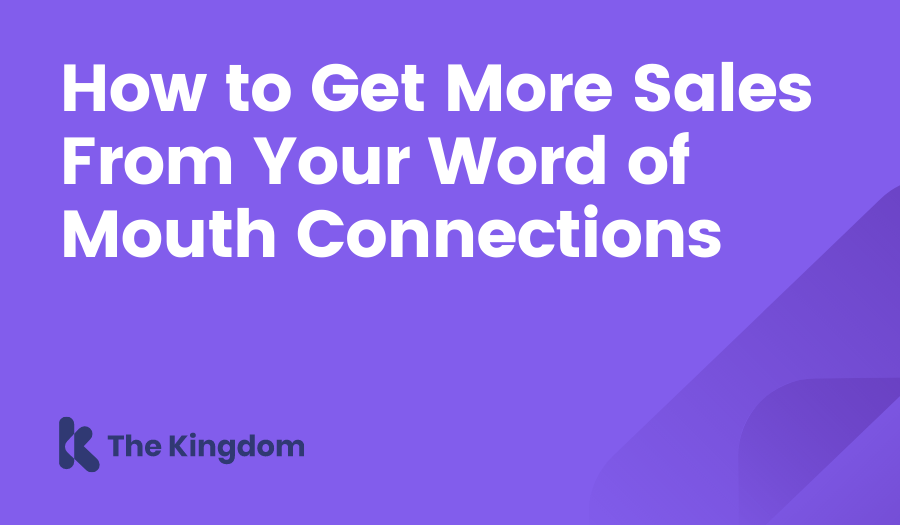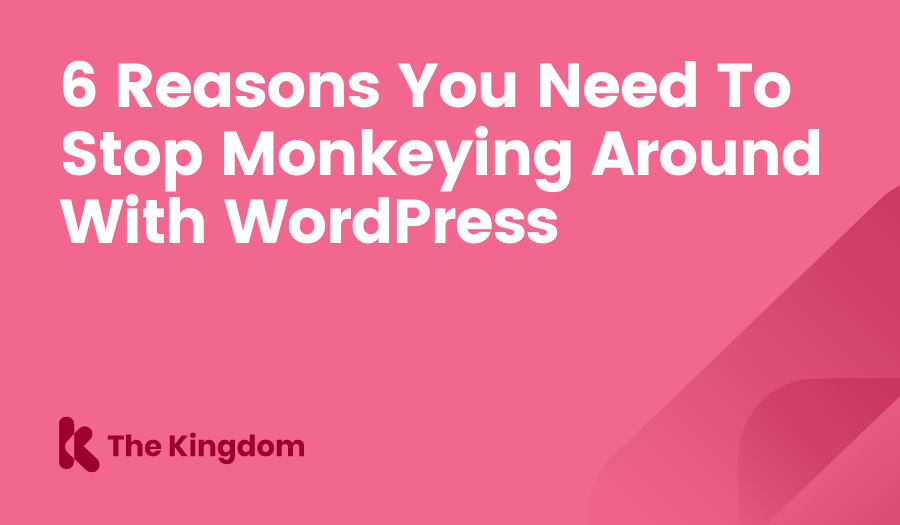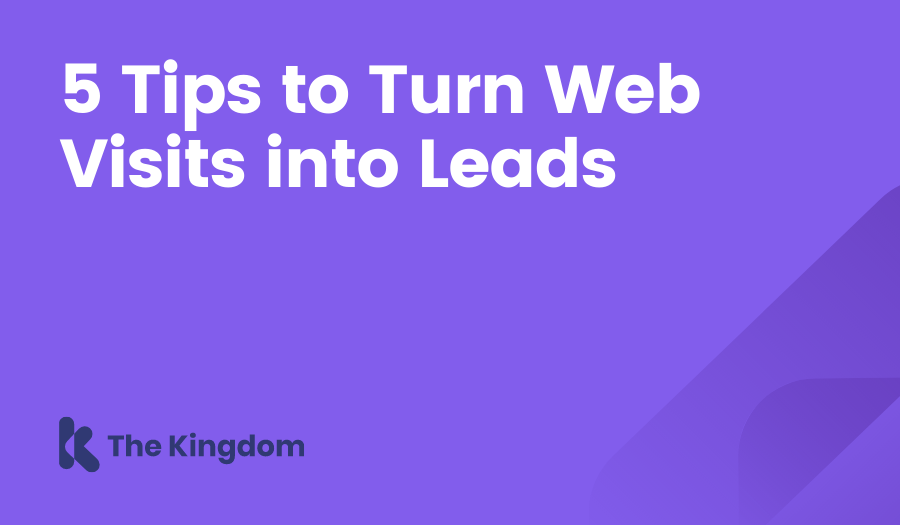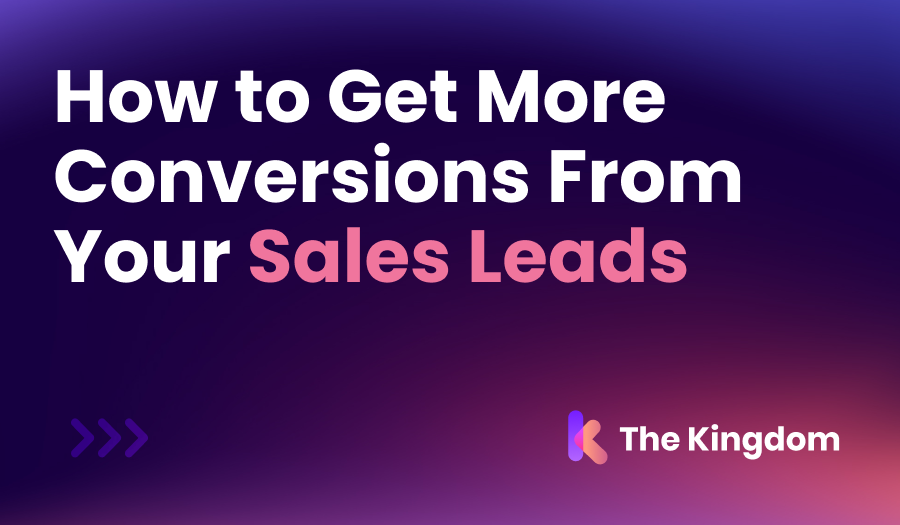
Everyone has heard the line ‘I've got a friend who can help you…’
That's great. You might get a business card, you might know a person, who knows a person. You may even follow up on it.
Back in the day meant that you would pick up the phone, with no knowledge of the business and hope that they could help you.
Word of mouth is still relevant, but the process has changed due to the internet.
Let's drill down on this whole "word-of-mouth" caper.
What do we do the minute that somebody gives us a personal referral? We go ahead and web search them. We check them out. Verify. We look at their LinkedIn profile. We look at their company website and try to justify and confirm the given information.
So does your website reflect your business and match your reputation? Handing out a business card is one thing, but do you provide potential customers with enough information on your web? This will confirm any word- of-mouth recommendation they get from a friend.
Is your website providing the second referring point?
If a word-of-mouth referral has a second touchpoint, this adds weight to the referral.
There are so many touch points with potential clients gained from a great digital marketing campaign. This will extend your word of mouth power.
You want the person who got your name to have heard of you. You want then to have seen your tweets, seen your marketing, heard about your recent award.
All these additional touch points give you more exposure and allow others to find out more. This gives you ten times more power to the initial referral.
Do you know if a person is visiting your website?
With HubSpot, you can gain insight into who is visiting your website. This gives you the power to discover who is being referred as you often get a heads up from the referring person.
Is your website building trust?
Now that you know they are visiting your site are you keeping them engaged? Does your website answer your customer's questions?
We have all experienced the frustration of trying to find a simple solution and instead getting bombarded with pointless information. If your website is the one providing the solutions, your audience will begin to trust your opinion and are more likely to purchase from you than your competitor.
The key to this is creating great content which engages, builds trust by provides solutions and continues to delight them even after they have been converted to customers, leading to more referrals.




